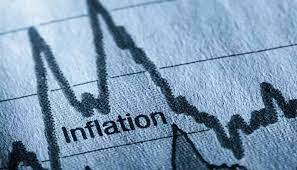Due to the increased costs of vegetables, lentils, and edible oil, weekly inflation reached 42.27 percent year over year.
The Pakistan Bureau of Statistics (PBS) issued data on Friday that indicated that short-term inflation is likely to worsen further since the full effects of depreciation, the increase in the general sales tax rate, and higher energy prices have not yet been fully reflected in the data.
For the week ending March 9, inflation was still at 1.37 percent, with price increases for bananas, poultry, sugar, cooking oil, gas, and cigarettes. 29 of the 51 goods in the SPI basket saw price increases, while eight saw price decreases. 14 of the prices stayed the same.
- Onions (305.23 percent)
- Cigarettes (165.66 percent)
- Gas charges for the first quintile (108.38 percent)
- Diesel (93.8 percent)
- Eggs (78.63 percent)
- Rice Irri 6/9 (78.14 percent)
- Petrol (77.89 percent)
- Rice basmati broken (77.27 percent)
- Bananas (74.01 percent)
- Pulse moong (72.54 percent)
- Lipton (66.31 percent)
- Pulse mash (56.02 percent)
In contrast, the highest year-on-year fall was recorded in the prices of tomatoes (41.79 percent) and chilli powder (7.42 percent).
The government has been taking strict measures under the International Monetary Fund (IMF) programme, which is likely to slow down economic growth and stoke inflation. The increase in the policy rate to 20 percent and the general sales tax rate from 17 percent to 18 percent on most items and to 25 percent on more than 800 imported food and non-food items will further increase retail prices of consumer goods.


